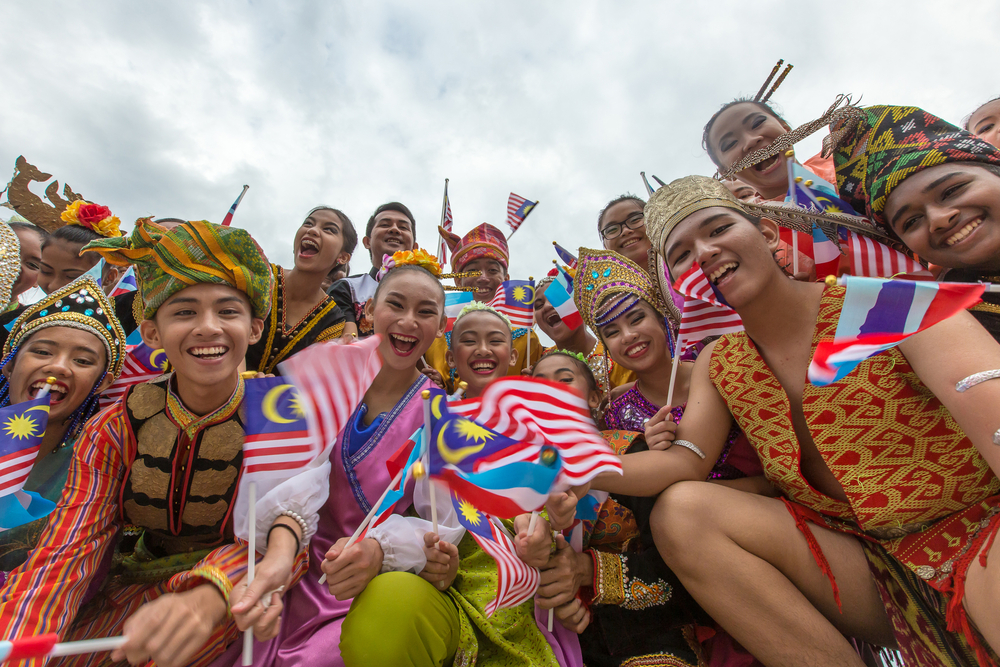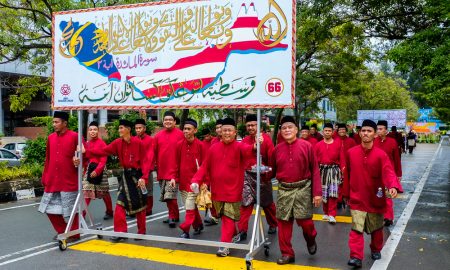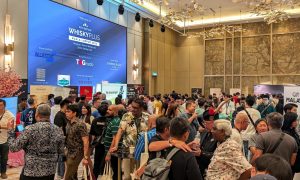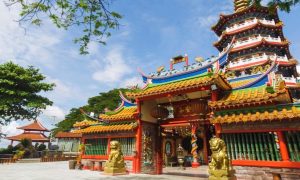To round off the year, we’re taking a look at how you can get into the festive spirit in BM. Here are some basic phrases that you can use for the major celebrations in Malaysia, including Christmas, Chinese New Year, Hari Raya, and birthdays.
Season’s greetings
[table id=43 /]
Here are some extra nuggets of information:
- It’s quite common in Malaysia to wish people a Happy Chinese New Year in Mandarin, which would be Gong Xi Fa Chai.
- The word selamat translates to ‘safe’, but it is used in greetings in place of ‘happy’. I’m not sure why, though. You can substitute it with salam, which simply means ‘greetings’, but that’s still quite unusual.
- Some other celebrations in Malaysia that are a public holiday include Nuzul Qur’an (the revelation of the Qur’an), Maulidur Rasul (Prophet Muhammad’s birthday), and Thaipusam (the Hindu festival of thanksgiving to Lord Murugan). Well wishes and greetings are uncommon on these days.
Also, if you need any clarification, leave a comment down below and we’ll try out best to help you unravel the mysteries of BM. Check out the entire series of English to BM Phrasebooks here.

























What’s the difference between “Selamat hari lahir” and “Selamat hari jadi”?
Is the second phrase correct when I want to wish someone a happy birthday?
‘Jadi’ means ‘become’ while ‘lahir’ means ‘birth’. So saying Selamat hari lahir would be more accurate when wishing someone happy birthday. 🙂
Thank you for clarifying! I was confused when I found two translations for “happy birthday”.
No problem! It’s quite common to use Selamat hari jadi as well. So, you can use either with no problems.
What’s the difference between “Selamat hari lahir” and “Selamat hari jadi” as a birthday greeting?